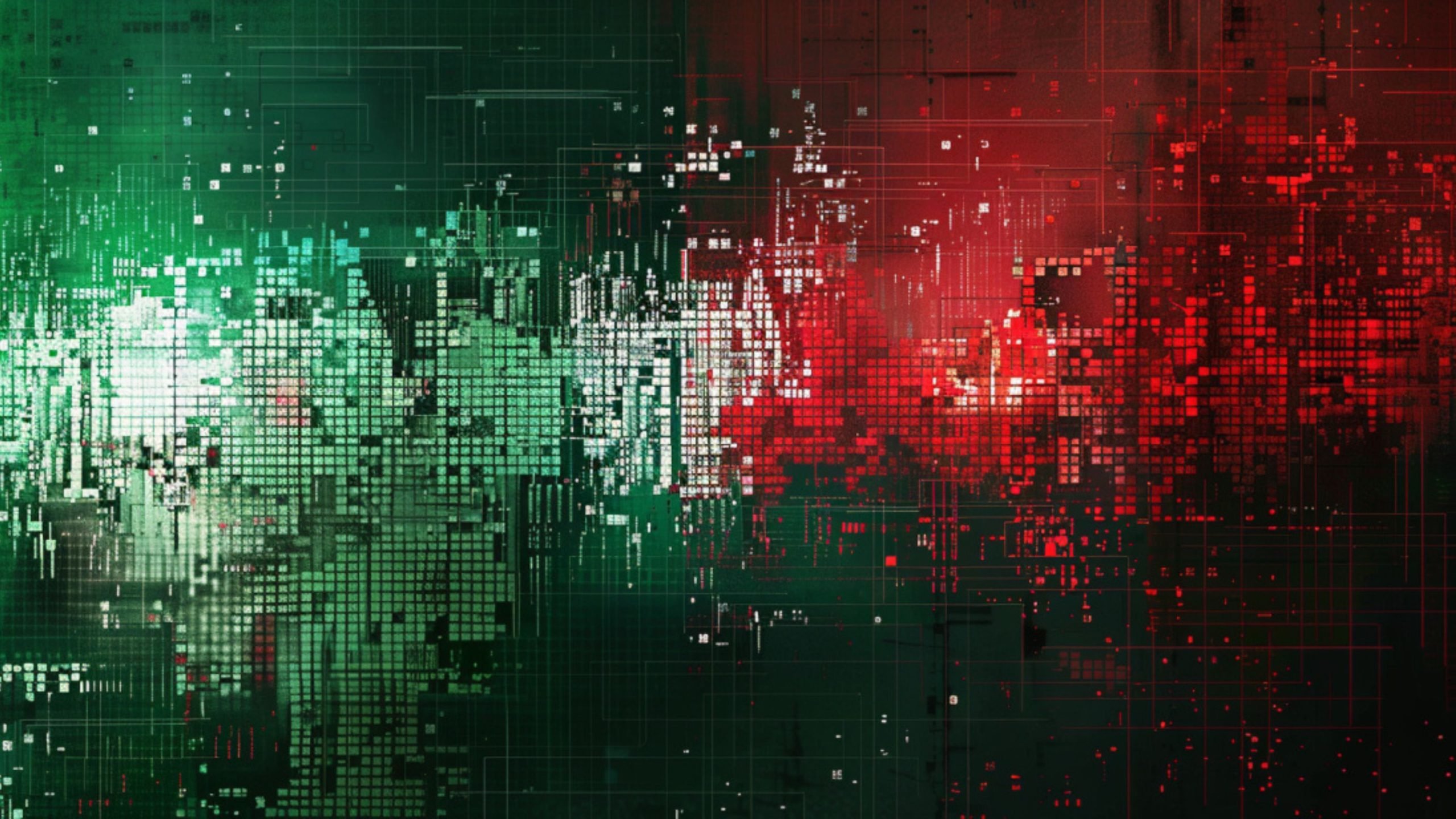Italy’s floundering Piracy Shield automated system has once again managed to block a number of non-infringing sites, including its prominent critic, the tech site DDaY.
Piracy Shield was launched in early 2024 by the country’s telecom regulator, AGCOM, as mandated by a new anti-piracy law. The stated goal was to prevent illegal streaming of live events, and in particular, protect the financial interests of Italy’s “national treasure” – the football industry.
Related: Italy’s Piracy Blunder Blocks Google Drive
But in the short time it’s been operational, Privacy Shield has alarmingly frequently blocked sites that in no way infringe on copyright. The latest example is the blocking of a Datacamp and BunnyCDN IP address, which then led to “overblocking.”
Reports say that the original targets appear to have been unauthorized streams of Monza vs. Udinese (of all games!). Regardless of the fact that it was not possible to determine how many sites would be caught in the blocking request for no reason, the copyright holder went ahead anyway and filed the ticket.
One of the consequences was the blocking of DDaY, rendering the site either unavailable, slow, or redirecting visitors to an AGCOM page that treated it as a pirate site, TorrentFreak reported, quoting DDaY as reacting to this by referring to Piracy Shield as a “flamethrower” and itself and others as “collateral damage.”
And while DDaY has been critical of Piracy Shield for its many “blunders” that finally affected it, too – the site is not one in any way “endorsing” online piracy. But the incident provides an excellent example of the weakness of the system, that goes hand in hand with what is shaping up to be “legalized” overreach.
Namely, instead of taking steps to improve the system, Italian lawmakers in October moved to amend the law that in 2023 introduced Piracy Shield. The changes would render what protections non-infringing sites had before even weaker, by giving copyright holders the option to request blocking even when they are aware the move would cause “collateral damage.”
This is phrased as incidental blocking of non-infringing sites and services being permitted if they share a server/resources that are “predominantly” used for piracy.






















